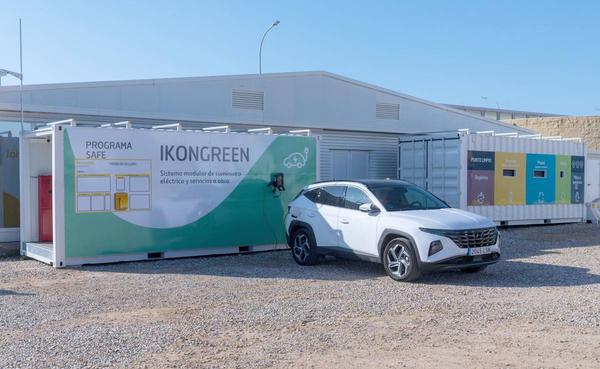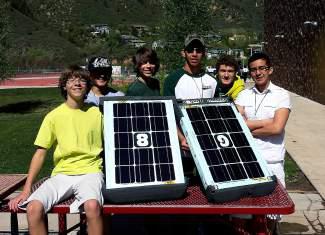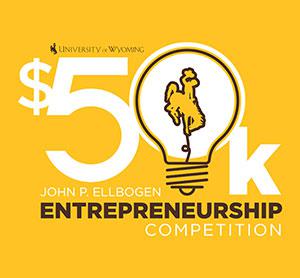Landsvirkjun, The National Power Company of Iceland, and German investment company PCC SE have agreed to explore the possibility of capturing and utilizing carbon emissions from PCC’s silicon metal plant in northeast Iceland. Carbon emissions will be utilized to produce green methanol that can, for example, replace fossil fuel in ships.
The silicon metal plant of PCC BakkiSilicon hf. in Iceland is operated with 100% green electricity. © PCC SE

The production of green methanol requires a renewable carbon source from PCC’s silicon metal plant in Iceland and renewable power from Landsvirkjun´s power stations. The process of methanol synthesis requires the input of pure carbon dioxide and hydrogen from water electrolysis, with the only by-product being oxygen and water.
PCC SE aims for its silicon metal plant at Húsavík to become carbon-neutral by replacing fossil carbon reductants in production with renewable alternatives. The plant at Bakki emits about 150,000 tonnes of carbon dioxide annually due to the nature of the chemical reaction that reduces quartzite (SiO2) with a carbon reductant to produce silicon metal.
Catching and utilizing the emitted renewable carbon to produce green methanol would improve the carbon footprint of ships and industry utilizing such fuel and on top improve the carbon footprint of PCC’s silicon metal plant beyond carbon neutrality.
Furthermore, the nature of silicon metals is such that without it, there would not be the performance of solar power in the European Union, nor innovative solutions such as next-generation battery anodes, which are key to higher capacities.
We at Landsvirkjun welcome the opportunity to collaborate on a green solution with a good customer. The energy transition is urgent, especially in the fleet. If we can use our renewable electricity to produce green methanol at PCC BakkiSilicon, we are one step closer to a green future.
—Hörður Arnarson, CEO Landsvirkjun
Landsvirkjun generates energy from renewable sources: hydro, geothermal and wind. The company generates most of Iceland’s energy (70%) and delivers energy to industry, services and homes in Iceland. In 2020 the total energy generation was 13,305 GWh.




